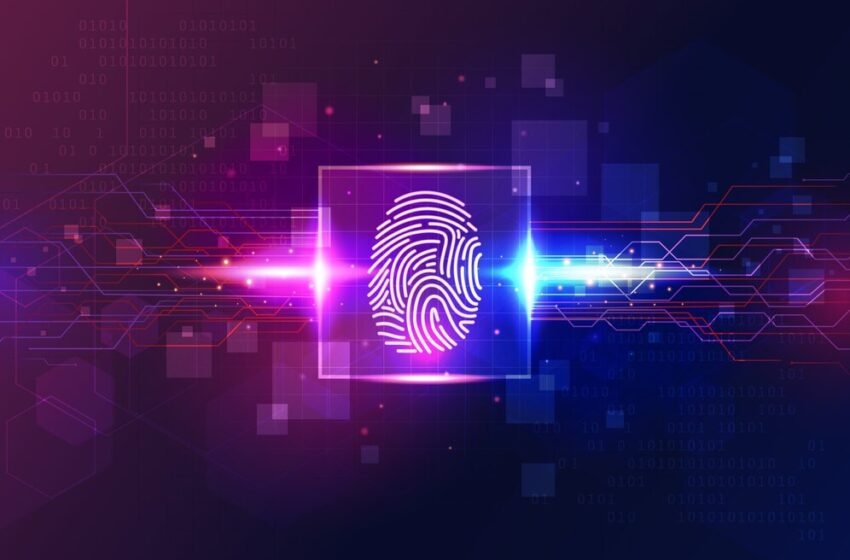Exploring the Potential of Biometric Security in Everyday Life

In an era where security breaches and identity theft have become increasingly common, the quest for more secure and convenient methods of protecting personal and professional data has led to the rapid evolution of biometric security. Biometric security uses unique physical or behavioral characteristics—such as fingerprints, facial recognition, and voice patterns—to identify and authenticate individuals.
This technology, once the preserve of science fiction, is now becoming a staple in our everyday lives, promising a blend of heightened security and convenience. Let’s delve into the potential of biometric security and how it’s shaping the future of privacy and data protection.
The Rise of Biometric Authentication
Biometric authentication has seen a surge in popularity due to its ability to provide a more personalized level of security. Unlike traditional security measures (like passwords and PINs, which can be forgotten or stolen), biometric identifiers are inherently linked to an individual, making it significantly harder for unauthorized users to gain access to secured information or locations.
Where Biometric Security Is Making an Impact
Biometric security systems are being integrated into various aspects of daily life, each offering unique advantages over traditional security measures.
Mobile Devices and Banking
Smartphones and tablets have adopted fingerprint scanners and facial recognition as standard features, not just for unlocking devices but also for authenticating payments and app access. In the banking sector, biometrics provides a secure and convenient way for customers to access their accounts and conduct transactions, significantly reducing the risk of fraud.
Airports and Border Control
Airports around the world are implementing biometric systems to streamline the identification process and enhance security. These systems speed up the verification process, reduce waiting times, and provide a contactless, efficient experience.
Home Security Systems
Biometric technology is also revolutionizing home security. Fingerprint and facial recognition technologies are being used in smart locks, providing homeowners with secure, keyless entry to their homes.
Advantages of Biometric Security
- Enhanced Security
Biometric identifiers are extremely difficult to replicate or steal, offering a higher level of security compared to passwords or security tokens.
- Convenience
Biometrics offers a seamless user experience by eliminating the need to remember passwords or carry physical tokens.
- Non-transferable
The inherent nature of biometric data means it is unique to the individual, making it nearly impossible for someone else to use stolen biometric data.
Concerns and Challenges
Despite its advantages, biometric security is not without its challenges and concerns.
- Privacy Issues
The collection and storage of biometric data raise significant privacy concerns. There’s the risk of data breaches, where sensitive biometric information could be exposed.
- False Positives and Negatives
No biometric system is foolproof. False positives (unauthorized users being granted access) and false negatives (authorized users being denied access) remain significant challenges.
- Accessibility and Inclusivity
Biometric systems might not be accessible or accurate for everyone, including individuals with disabilities or those whose biometric traits cannot be easily scanned.
The Future of Biometric Security
As technology advances, we can expect biometric security systems to become more sophisticated and widespread. Future developments might include:
- Improved Accuracy and Reliability: Advancements in AI and machine learning could reduce false positives and negatives, making biometric systems more reliable.
- Multi-modal Biometrics: Combining multiple biometric identifiers (e.g., facial recognition plus fingerprint scanning) to enhance security and accuracy.
- Greater Emphasis on Privacy: New technologies and regulations may emerge to address privacy concerns, including secure storage solutions and anonymization of biometric data.
Summary
The potential of biometric security in everyday life is vast, offering a blend of enhanced security and convenience that traditional methods can’t match. As we navigate the challenges and embrace the advantages, biometric technology is set to redefine our approach to privacy and data protection. The ongoing evolution of biometrics promises not only to secure our devices and facilities but also to streamline and enrich our daily interactions, making our lives both safer and more convenient.
Biometric security is more than just a technological innovation; it’s a shift towards a more secure and efficient future. As we continue to explore its potential, we must also remain vigilant about the ethical and privacy implications to ensure that this powerful tool benefits all of society.
(Nominate Now: Join us to spotlight your achievements! Be part of the elite in the business and finance community. Exciting opportunities await!)







